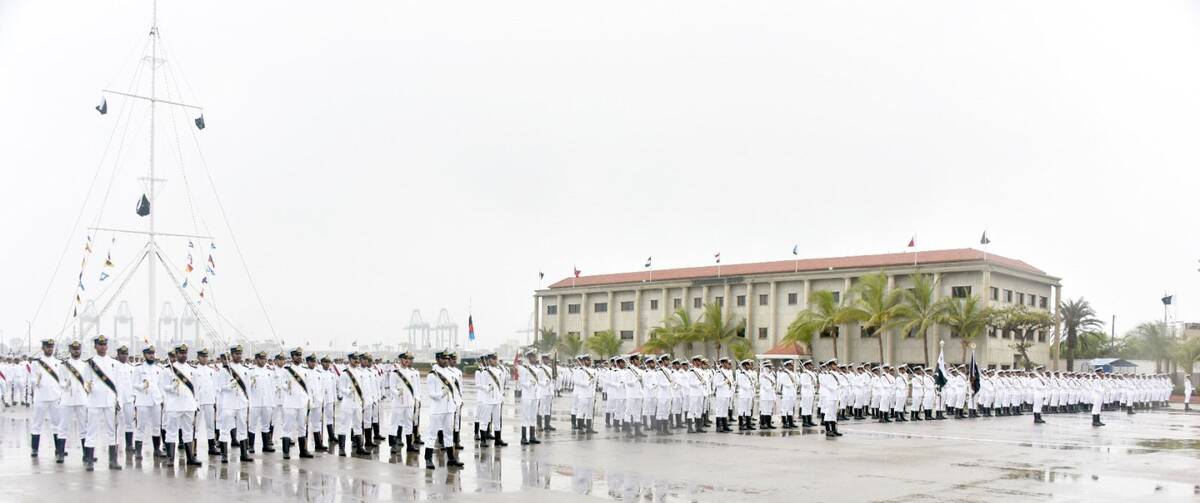QUETTA: The family of a blasphemy suspect killed in custody in southwestern Pakistan has forgiven the police officer accused of killing him, saying they would not press charges “in the name of God.”
Abdul Ali, 52, also known as Sakhi Lala, was shot dead last week in a heavily fortified police station in Quetta, the capital of Balochistan province, by police officer Saayd Mohammad Sarhadi, who had accessed the facility by pretending to be Ali’s relative, police said.
“We will not fight the case,” Ali’s son Muhammad Usman told a press conference late on Wednesday, sitting with another brother and some elders from his tribal clan. “We have forgiven the police officer in the name of God.”
One of the elders, Faizullah Noorzai, said the tribe would disown Ali. “We and our families are the kind of people who would sacrifice their lives for the sake of the Prophet Muhammad and his respect.”
Blasphemy is punishable by death in predominantly Muslim Pakistan. No one has been executed by the state for the crime, but dozens of those accused have been lynched by mobs before trial.
Such killings are often glorified. The father of Ali’s alleged killer, Hajji Daad Muhammad, has been receiving visitors paying their respects at his house since last week’s killing.
The US Commission on International Religious Freedom says the South Asian country is one of the world’s strictest and most frequent enforcers of blasphemy laws.
Blasphemy accusations fueled mobs that attacked Christian neighborhoods in the eastern province of Punjab, burning several churches and displacing hundreds of people last year.
A court will consider the plea by Ali’s family for a pardon and decide whether to proceed with charging the officer, said a senior police officer who asked not to be named due to the sensitivity of the issue.
Ali’s alleged blasphemy centered on an argument he had had about politics and the Prophet Muhammad, according to a police investigator. He had been moved to the more secure police station after hundreds gathered outside the facility where he was initially detained, chanting that they wanted to kill him publicly.


















